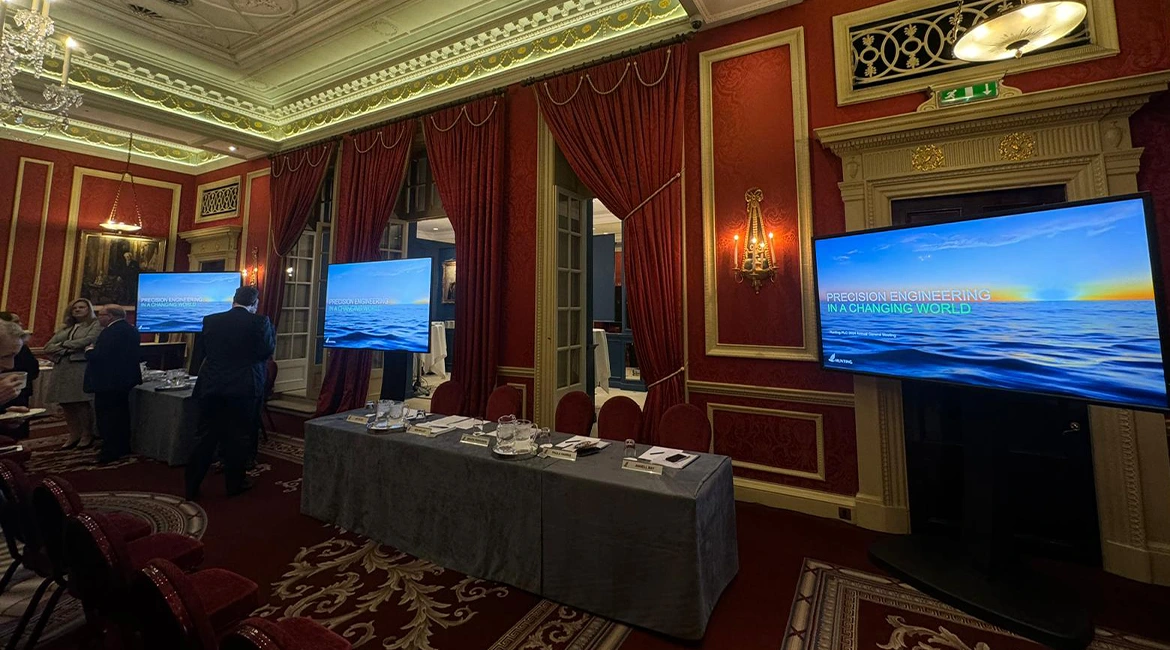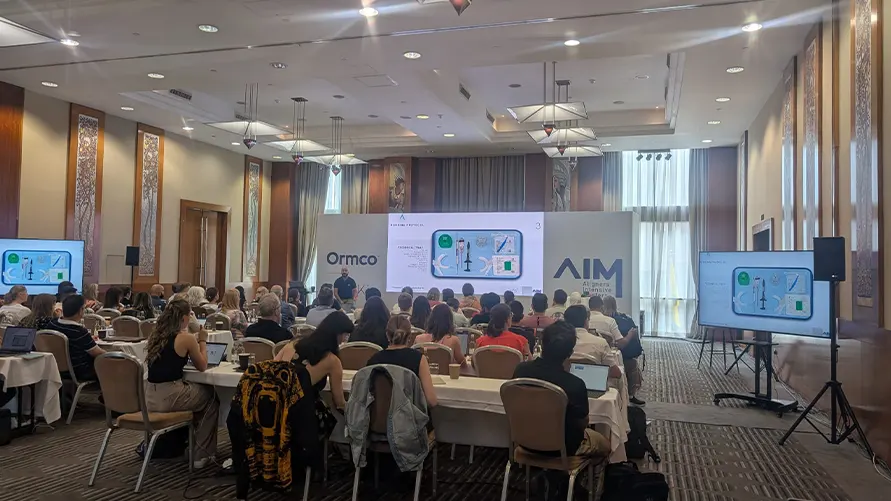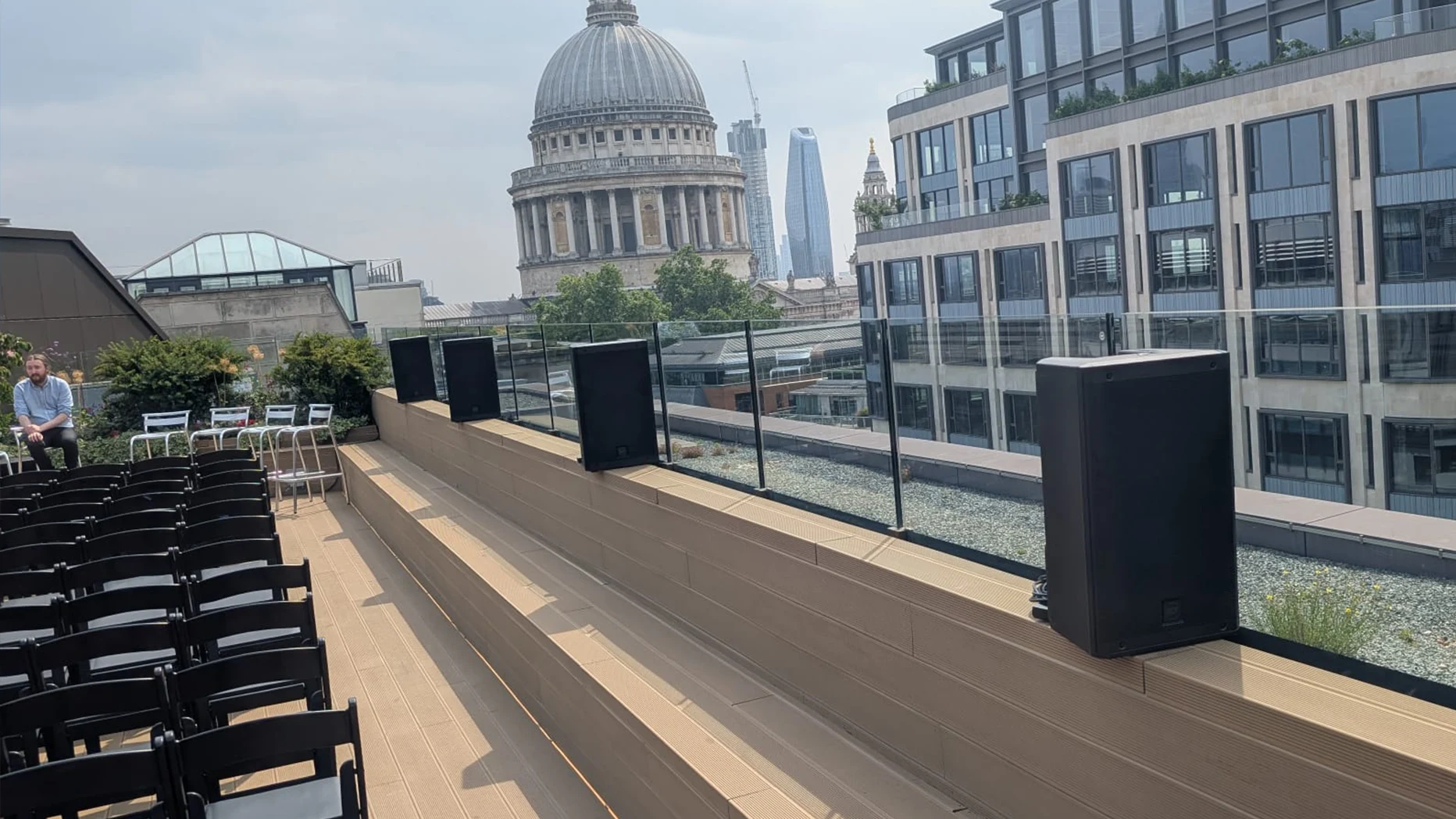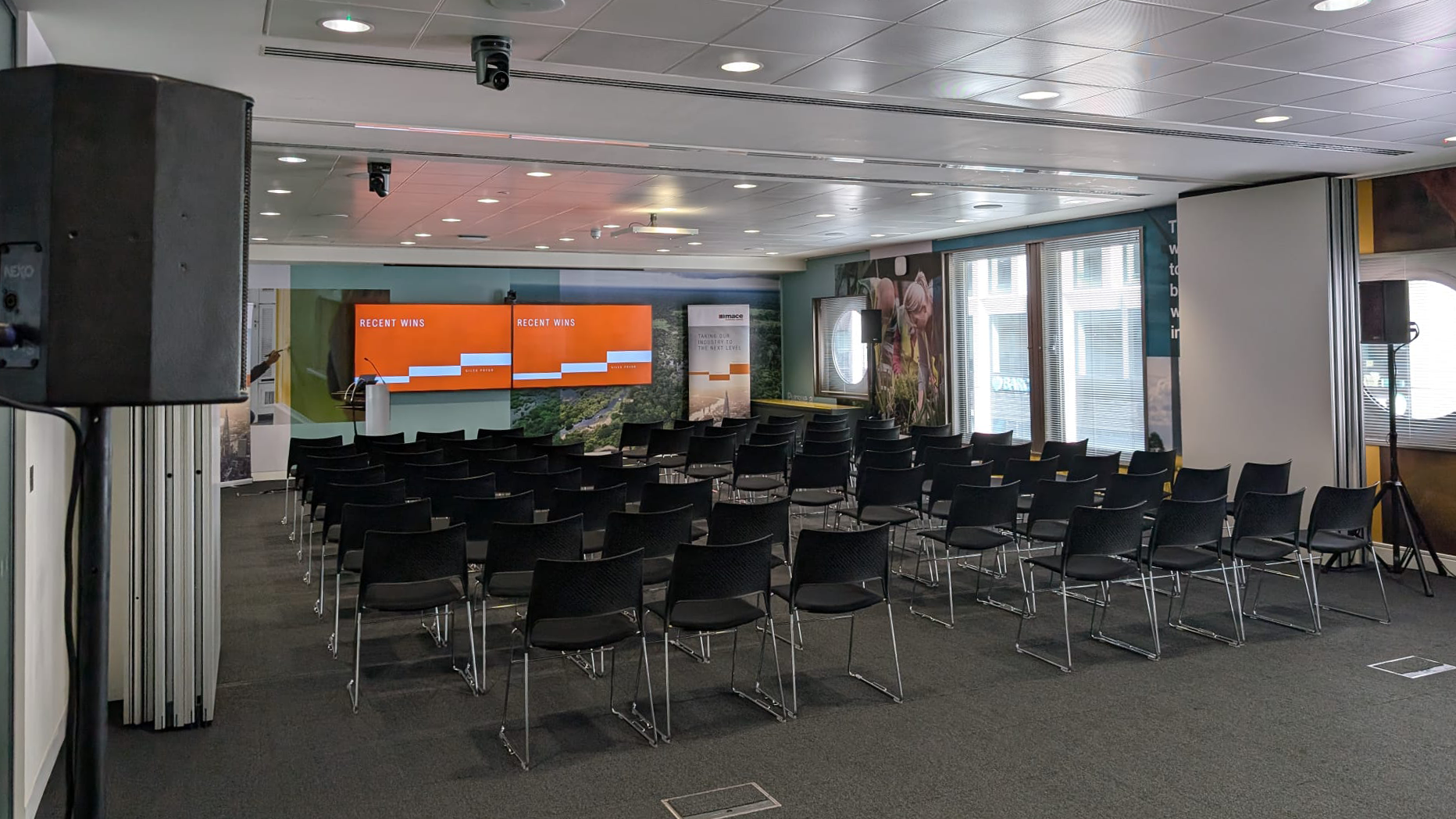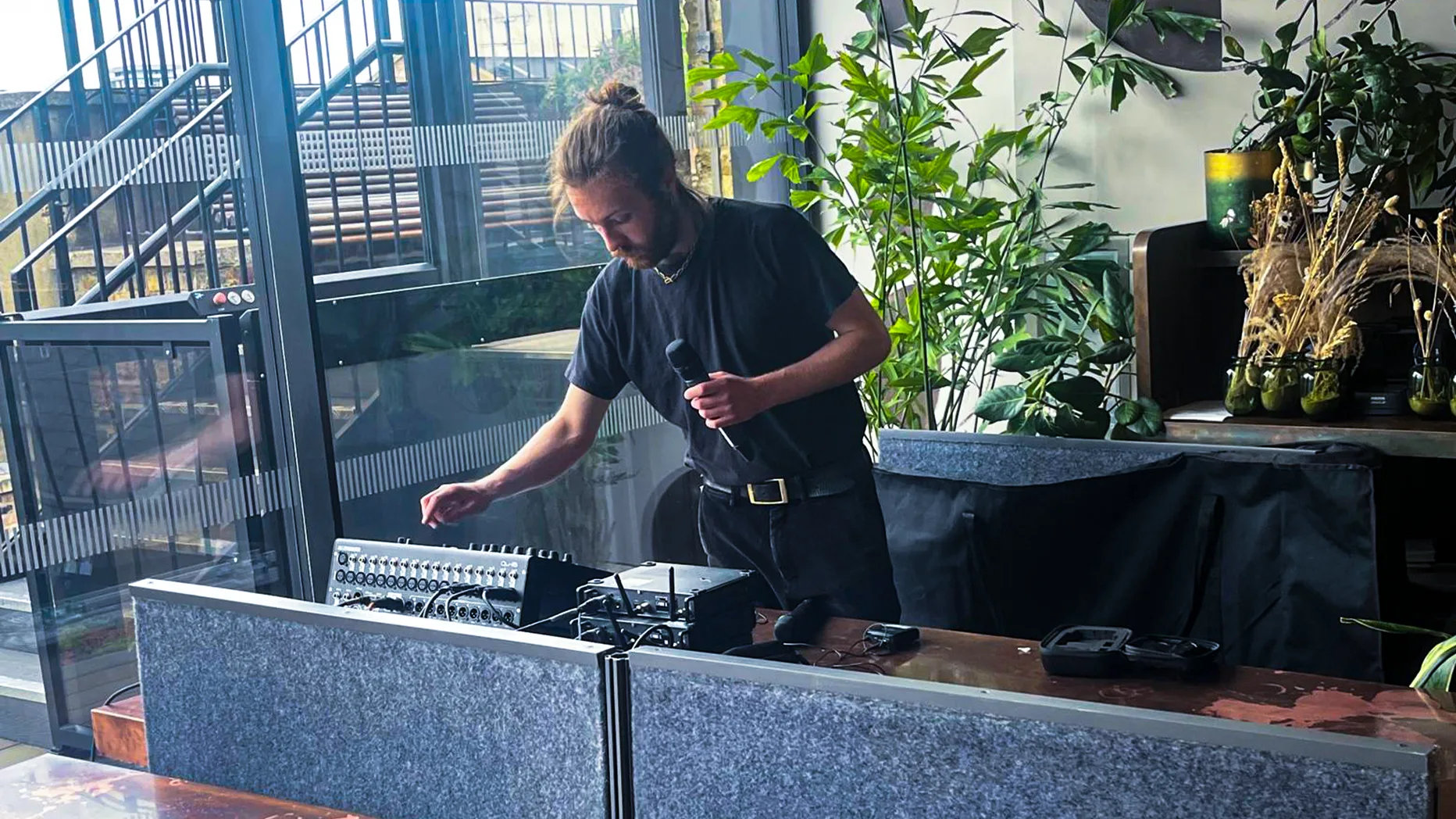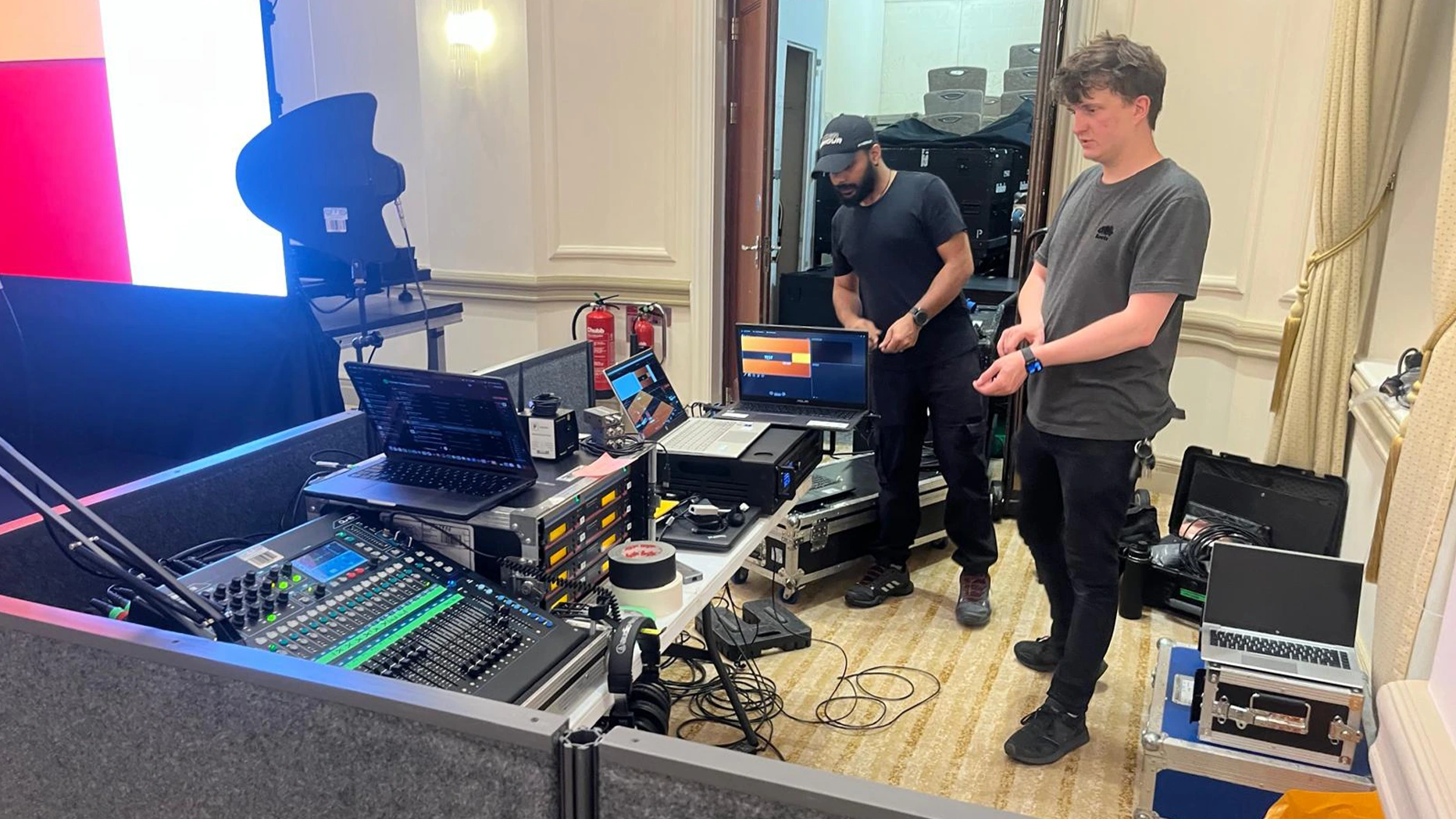You have organised the perfect event with the venue booked, speakers confirmed, and perhaps even snacks arranged. However, the real challenge lies… getting people to attend.
Whether you’re hosting a corporate seminar, product launch, charity fundraiser, or local festival, effective marketing is an essential tool for you to ensure a good turnout.
8 Ways to market your event smartly
In this guide, we will walk you through the best ways to market your event in the UK, using real-world strategies, stats, and easy tips that work. Think of it like having a chat with a savvy event planner friend who has done it all before. So, let’s get started.
1. Start with a strong event marketing plan
Before you send out a single email or post on social media, take a moment to map out your plan. A proper marketing strategy not only gives you clarity and helps you stay on budget but also instils a sense of preparedness and confidence, ensuring nothing slips through the cracks.
Ask yourself:
- Who is your ideal attendee?
- What are your goals? Ticket, sales, brand awareness, leads?
- What is your timeline?
For UK-based events, timing matters significantly. For example, business events may be held on weekdays, while family events gain traction during weekends. Understanding and strategically using this information will make you feel more informed and strategic in your event planning.
Expert tip: Use a calendar to schedule marketing activities 6-8 weeks in advance.
According to Eventbrite, events promoted for at least three weeks have 36% higher attendance rates.
2. Know your audience and speak their language
When marketing an event in the UK, it’s essential to understand your audience and tailor your message accordingly. Whether you’re promoting an event in London or Yorkshire, speaking your audience’s language can make your marketing message more personal and trustworthy.
Think about:
- Age group: Are you reaching Gen Z, millennials, or professionals?
- Interests: What will excite them about your event?
- Location: Can they attend in person, or is online access an option?
Example: if you are hosting a tech conference in Birmingham, you might use a professional tone and focus on business benefits. For a music festival in Brighton, go for a more casual, vibrant voice.
3. Build a high-converting event page
This is your event’s home base, where every ad, email, or post should lead. So try your best, make it shine, and add the following:
- A clear headline and engaging description.
- Date, time, and location with maps if possible.
- The booking or ticket link doesn’t hide it.
- Social proof: reviews, testimonials, or past event pics.
- The FAQ section aims to reduce barriers.
4. Use social media like a pro
Social media is one of the most powerful tools to market an event, but only if used strategically. Don’t just post a flyer once and hope for the best. To make sure it works, try this approach:
- Create a branded hashtag and use it consistently.
- Share behind-the-scenes prep work to build anticipation.
- Encourage speakers, sponsors, or attendees to share content.
- Use stories, polls, and countdowns on Instagram and Facebook.
Pro tip: Use Facebook and Instagram, which are top platforms for event discovery.
5. Leverage Email Marketing
Yes, email is still alive and incredibly effective when done right. Try to start with a catchy subject line and ensure your content is clear and benefit-driven. Personalise, where you can say:
“Hi Jane, you are invited to “
Sounds much better than:
“Hello Subscriber”
Hence, try to consider the following:
- Sending a save-the-date early.
- Reminders one week and one day before.
- Post-event thank you and feedback emails.
6. Collaborate with partners and influencers
Two voices are always better than one in the field of marketing. Collaborating with partners, sponsors, or even local influencers can extend your reach and add credibility. Find people or organisations that share the same audience or are from the same niche. Here you can offer them perks like:
- Free tickets.
- VIP access.
- Co-branded promotions.
In return, they help promote your event through their channels. For example, a fitness expo could partner with a local gym chain or wellness influencer to promote to health-conscious audiences in the UK.
7. Run targeted paid ads
If you have a limited budget, paid advertising can give your event a significant visibility boost, especially if you target your audience well. Top platforms for event ads:
- Facebook & Instagram: Great for awareness, RSVPs, and ticket sales.
- Google Search Ads: Ideal if people are already looking for events like yours.
- LinkedIn: Best for professional or B2B events.
You can start small, even as low as £50, can go a long way if your ad is targeted to the right location and audience.
8. Don’t forget local listings and event platforms
People often search “What’s on this weekend in Manchester?” or “London business events this month.” Make sure your event is listed on the right sites. Top UK event listing sites:
- Eventbrite.
- Skiddle.
- Design my night.
- Meetup.
- Visit London or regional what’s on sites.
These platforms already have users looking for events; get in front of them.
Marketing your event is half the success
You could plan the most brilliant event in the UK, but if nobody knows about it, it won’t have the impact you anticipated. The good news? Marketing your event doesn’t have to be overwhelming. Start early, know your audience, build excitement across multiple channels, and keep the conversation with them.
Moreover, don’t forget to measure results so that you can improve next time. Got an event coming up and need help with marketing or AV production? Let’s chat. We are here to make your event unforgettable and full.

